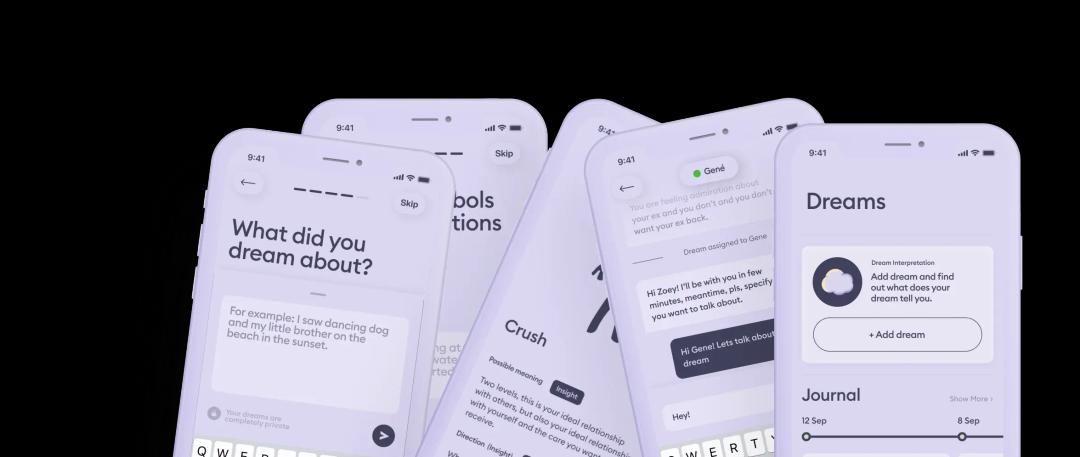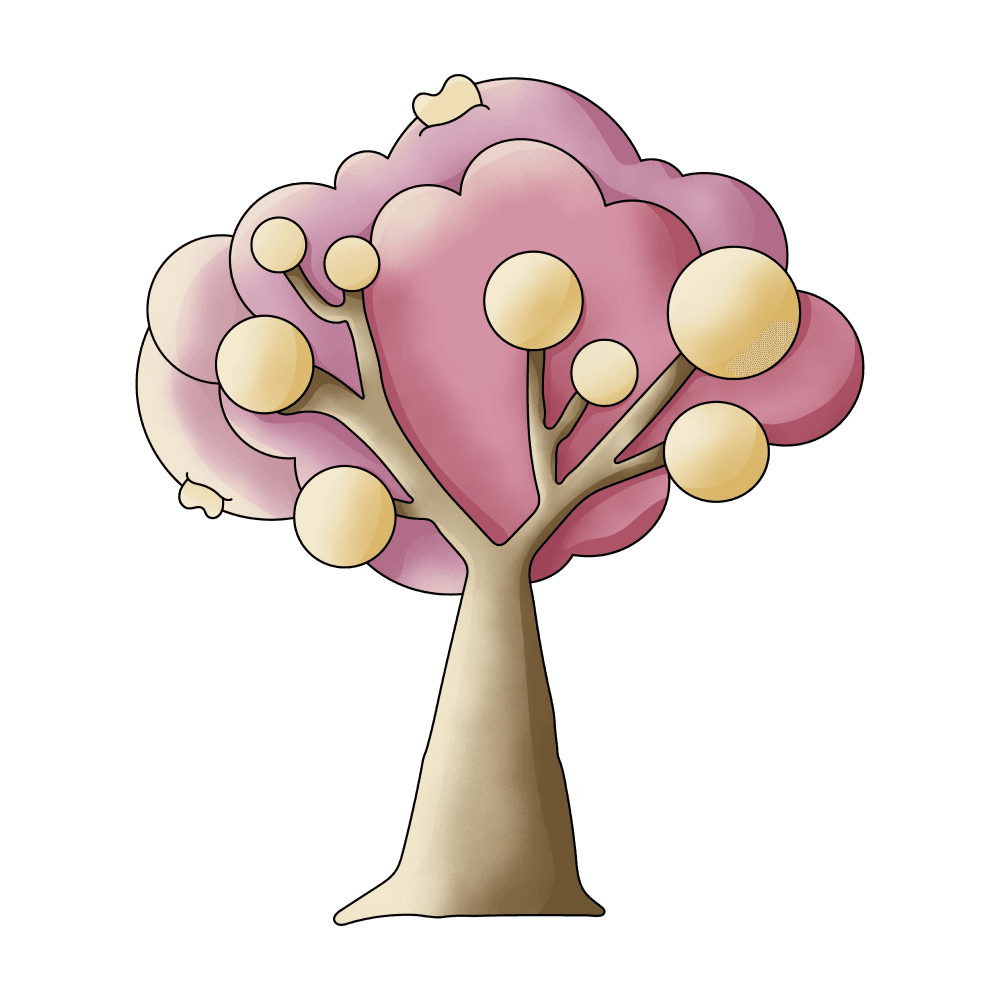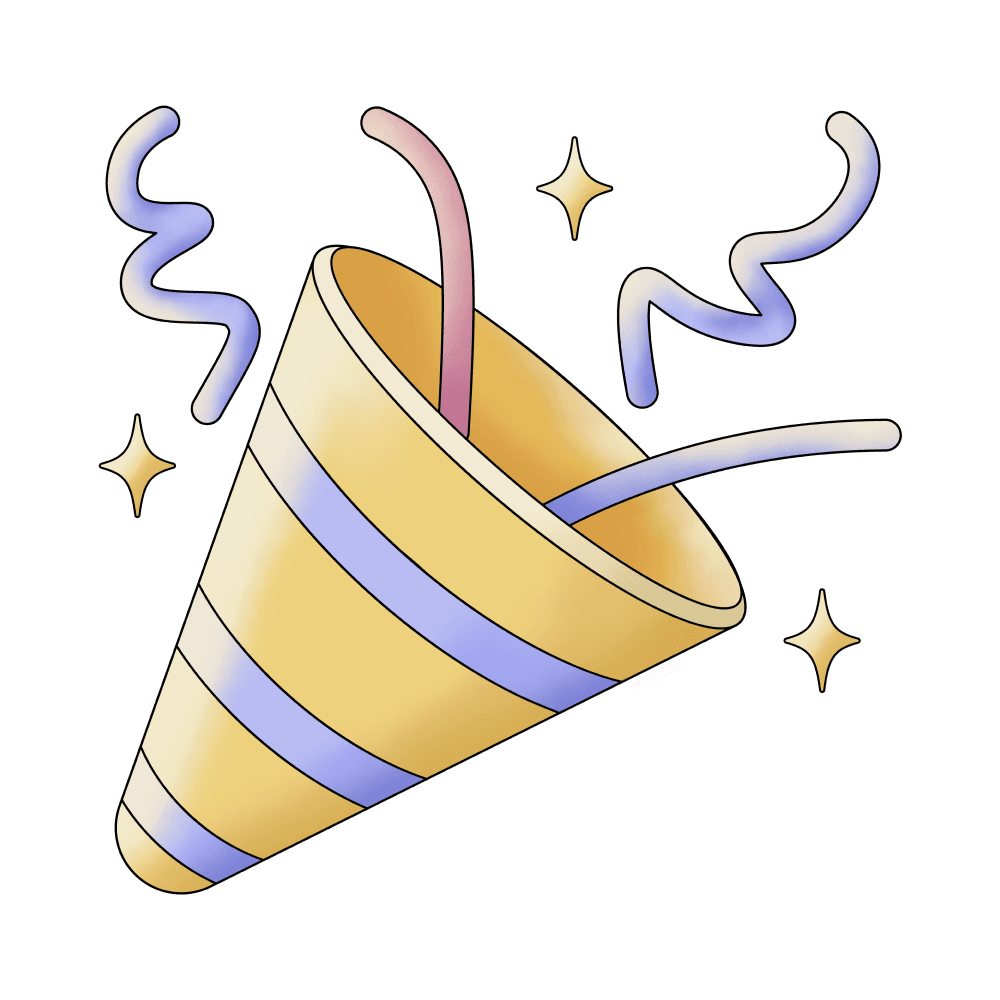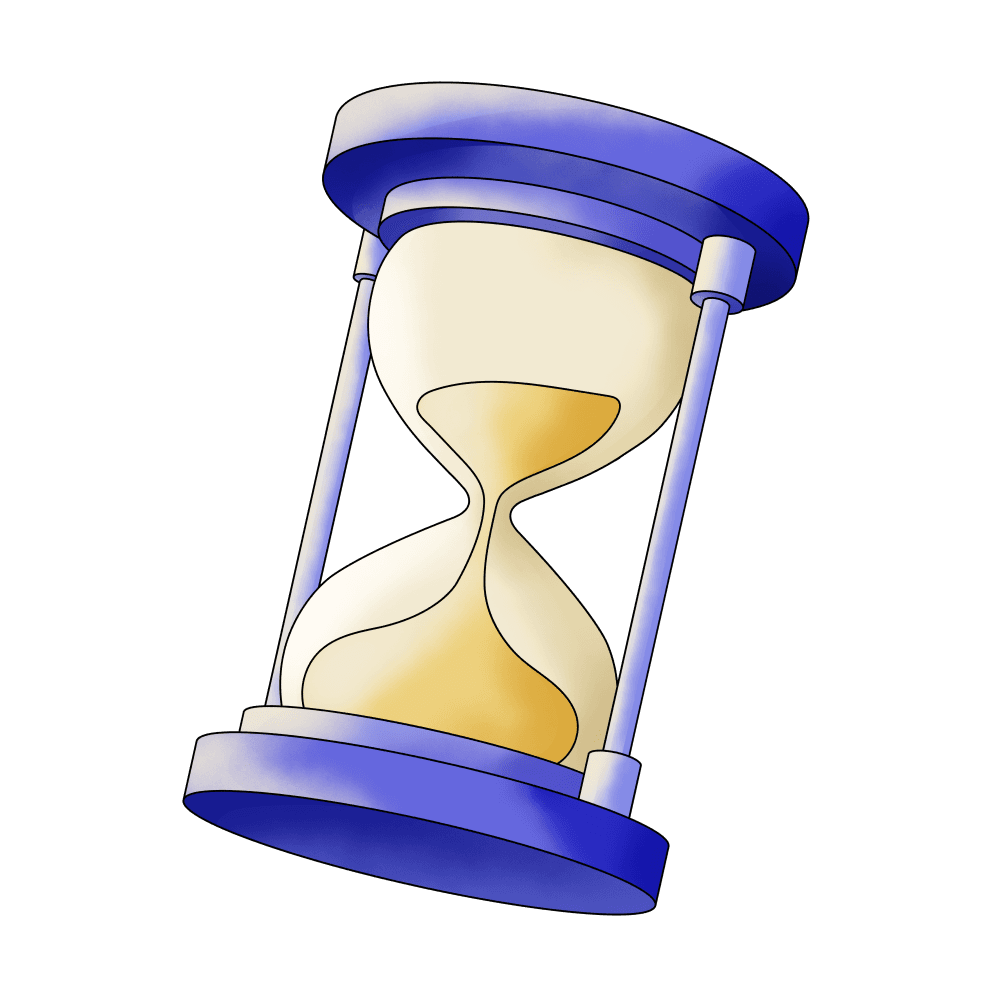Dream About Anime Project And Family Gathering
Dream interpretation about Abandoned home, School, Family, Group, Party, Teacher, Art, Pencil, Time

This dream was about
Visiting mother’s side grandmother’s house with mom Buying onigiri, our favorite snacks and a pencil and a sketchbook The last two items are for finishing ip a group art/presentation project before the family gatherings We get to grandma’s apartment, lounging at the third floor room while the relatives gradually gather I work on my project sketches This project is eerily similar to how the one for my last school trip in high school went(it was a recreational activity assignment, and it was to make a full skit in mere two nights during our stay; I was assigned the group leader for my team solely because I was the oldest of the bunch in grades(there were fucking 7th-8th graders in the mix). while other teams had their own friends and had an easier time just having fun while creating I knew none of the people prior to the event, our group were full of either socially awkward, plain unfunny, possessing blessings in the art of seriousness(cannot lighten/loosen up and jokey to save their life), or were chronic pessimist/complainer so much that it actually sabotaged the progress of the production; we ended up bombing the whole thing because none of us could or were in any condition to think up a decent sketch(the three-day schedule of the school trip was PACKED, not a minute of room for realistic rest or unwinding, nor to brainstorm or practice our ideas; it was unfairly designed and my team and I got the shortest end of the stick among all other teams my three 12th grade classmates were leading) and time ran out before we could come up with a coherent script. I blew up on their face mid-performance because I just couldn’t fucking take it(i was also in the middle of mental health crisis unsupported by adults around me and were on three bins of energy drinks), left a brave 8th grader who came up with the script idea publicly humiliated and traumatized(I did apologize to him afterwards and deeply regretted and felt ashamed of it but still)) And just like in real life I end up mismanaging the time and forget that it was supposed to start around the same time as the family gathering party/dinner(7pm) Once I realize this at like 8 after the first phase of the party is over I dash to a dark and quiet tatami room to connect to Zoom And lo and behold the one kid who suggested the plot idea for the animation is shouldering everything again; the pattern repeated itself He/she’s getting just as reckless, hopeless, frustrated and on the edge as I was in the real-life version of this event The plot was Japanese traditional horror story The art style is this beautiful Japanese coarse colored cut-paper arts(Evening is expressed with indigo papers, there’s red lotus lakes, goldfishes, red lanterns and townsfolk in kimono merrily going about their business, etc.) But all the sudden the tone of the narration changes(the medium doesn’t) and it all gets disordered beyond the savings, turning into a Hyakki Yagyo(the Demon’s Nightly Parade around the city streets from the Heian-era folklore); the one kid who shouldered it all snapped and went ‘fuck it’, started crushing the entire tone and the story on its head The viewers of this live animation performance(my classmates and the whole school) are intrigued and are curious about this sudden change, causing rumors to spread and such The rest of my team members can only watch in horror as do I, since the kid refuses to relinquish the control over the livestream, feeling unimaginably guilted for making the kid shoulder everything due to our own inactions, procrastinating and unrealistic perfectionism After the whole thing ended in a strange little comical(to us, utterly humiliating and horrifying) happenings, I go talk to the kid to first of all check in on their mental state and overall condition(wellbeing and sanity) The kid is sitting on the tatami, looks up at me upon noticing with an eerily calm, almost uncannily gentle smile and tone I scramble to apologize on my team’s behalf for making him/her suffer but they would not hear me, pausing me with a raise of their hand; a strange air of eery composure and authority to them now, hard to deny I feel overwhelmingly helpless and guilty as we are both now teleported to inside a moving bus, the kind I’d see running around the Tokyo metropolitan area often It appears the vehicle is around Hatsudai(near Ikebukuro-Setagaya); the sky is blocked by the thick, highway guardrail and the surrounding high buildings and skyscrapers, and I see a highway ramp ahead that the bus doesn’t seem to be getting on I implore the kid what they want and such, but they ignore my words and continue on with their strange questions and words about my Vedic astrological signs, which are Uttara/Purva Bhadrapada, for moon and sun signs respectively Some talk about how my ruling deity, Shani(personification of Saturn in Vedic astrology; son of Indra/Surya, half-nephew of Shiva, the dreadful dispenser of karma on behalf of Lord Yama of the afterlife), Ahir Budhnya(Ananta Shesha, the Serpent from the Depths in the Hindu creation myth) as well as Aja Ekapada(the fierce, one-legged serpentine aspect of Lord Shiva, specifically in-tune with darker, occult subjects like black magic, the left hand path and such), plays major role in my nearly lethal, intense and unignorable, leader-like qualities that I am born with Something that is according to the kid’s observations “omnipresent in my life and in that of those who interact with me”; says whoever I interact or encounter in my life, however minor their roles or involvement may be, leaves either me or the subject person completely transformed, with their egos(and sometimes any other parts of their preconceived notions about the world or of their healthy self-esteem or ego) destroyed; that I am either the person’s karma or I myself am given the karma of Shani, Aja Ekapada’s(or of Shiva or Yama himself indirectly, through him), swiftly and devastatingly It’s starting to turn into some kind of a spiritual lesson delivered through this incredibly emotionally heavy reenactment of traumatic circumstances and I don’t like it The kid ignores my discomfort and goes onto talk about the qualities of the blue sapphire, the gemstone influenced by Neelam, the personification of the gem and also a consort of Lord Shani(Saturn) and the mythical connections to what is needed(moral disciplines, consistencies and dedication to serve your fellow humans from the heart), and how it applies to this current situation(basically the kid’s telling em to humble myself and such after admitting that I’m also complicit in this dysfunctional dynamic of the project group as its team leader) and beyond(how there is an urgent need for me to heal my traumas and what came with it that is starting to affect my external environment(the people in my surroundings aka my teammates and other peers, staffs and teachers who interact with me in this school) in a scarring way)

Dream date:
27 Aug 2024
AI-generated Dream Radar
AI-generated Dream Analysis
Summary:
Emotional tone:
Frequency:
Intensity:
Realism:
Vividness:
Coherence:
AI-generated Dream Review
The content above was generated by AI, under the supervision of experts in dream interpretation. The AI model was developed using the latest advancements in psychology and dream analysis.
What do you think about this dream?
Latest comments
Participate in insightful discussions, track other dreamers, and view their responses.
Popular discussions
DreamApp is a dream interpretation app that knows what your dream means.
We explain why you have seen this dream and use it to identify what is blocking your mental health and happiness.

TOP50
TOP50
Health & Fitness Apps, USA


1.6M
1.6M
Downloads


2.5M
2.5M
Dreams Analyzed

Try now


Dream App
Free dream interpretations

(1,213)














